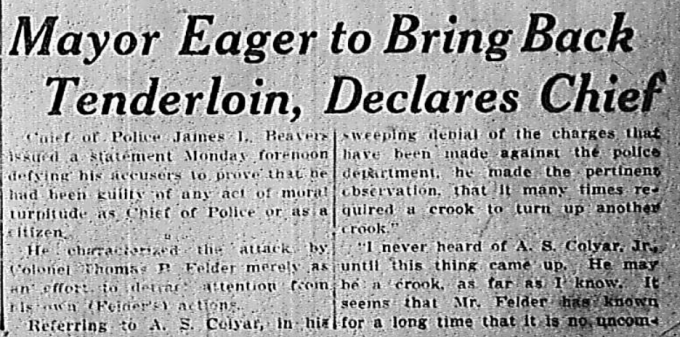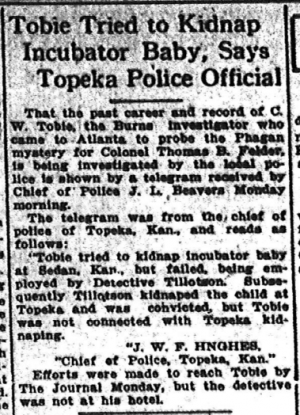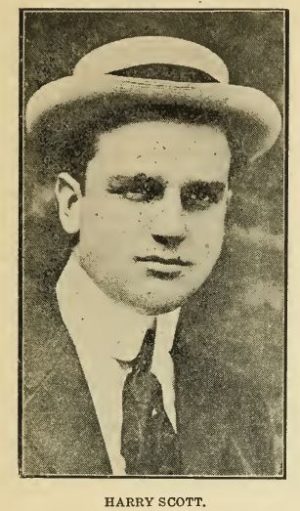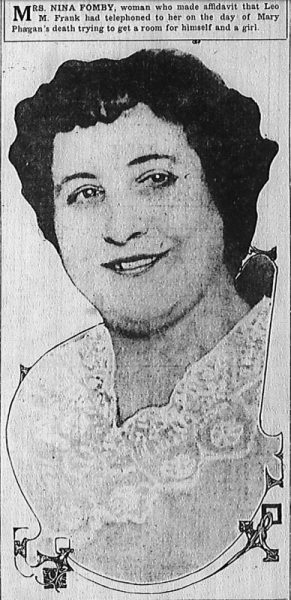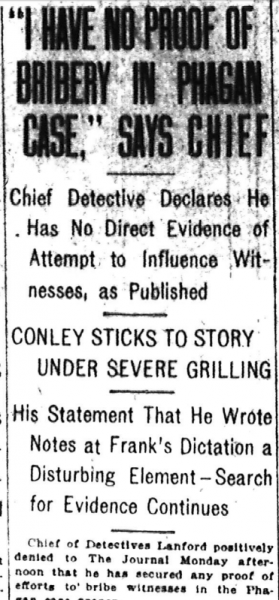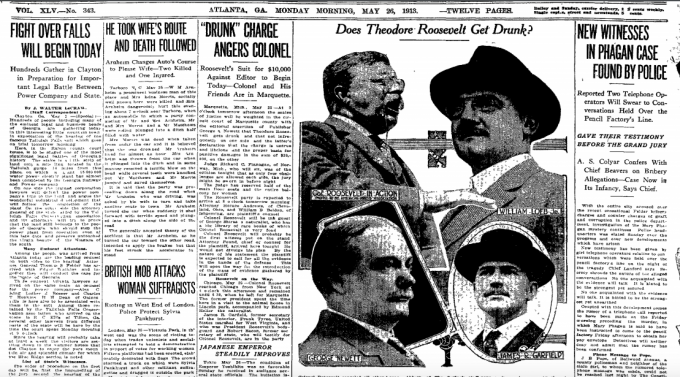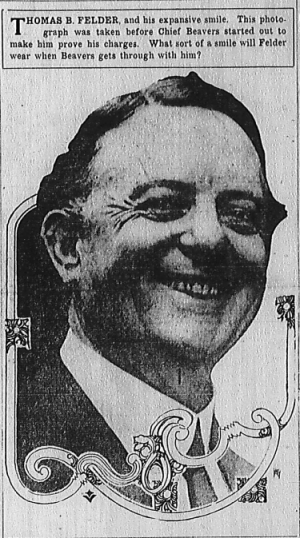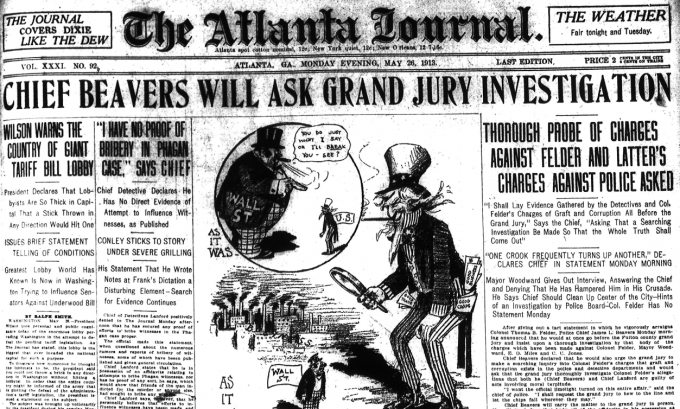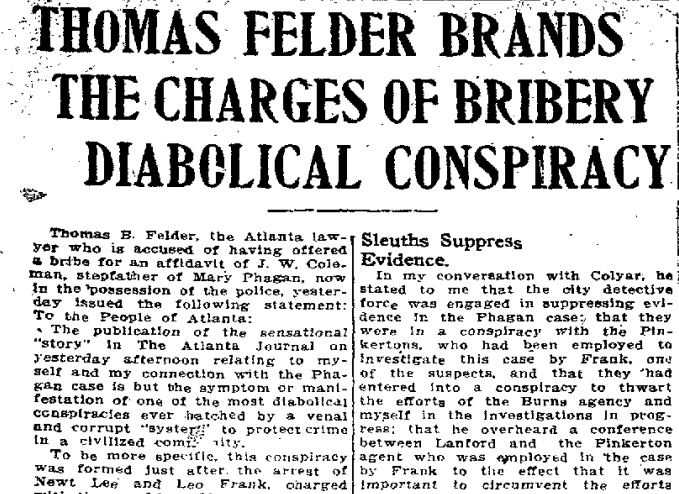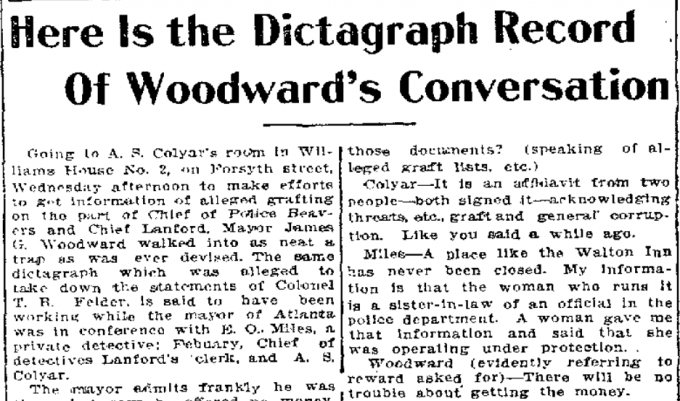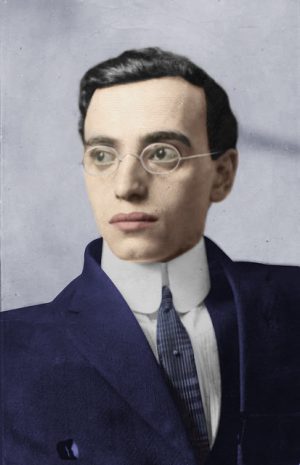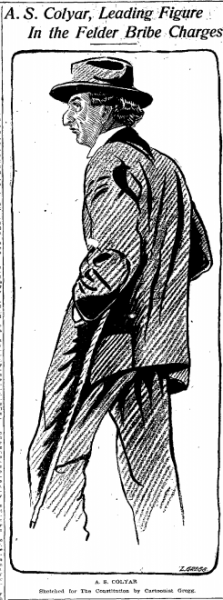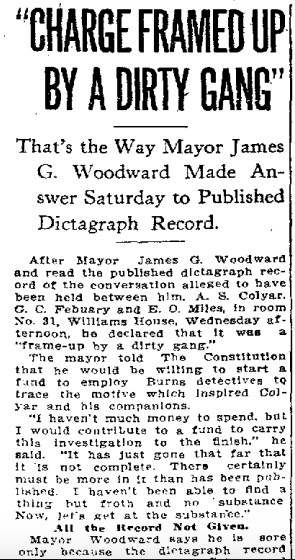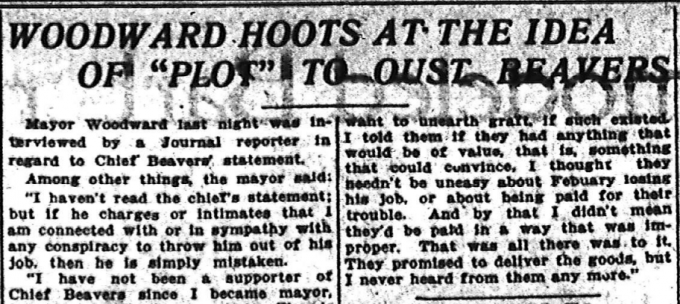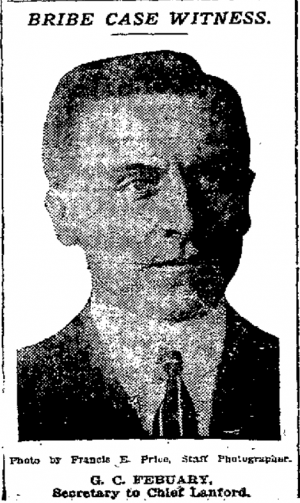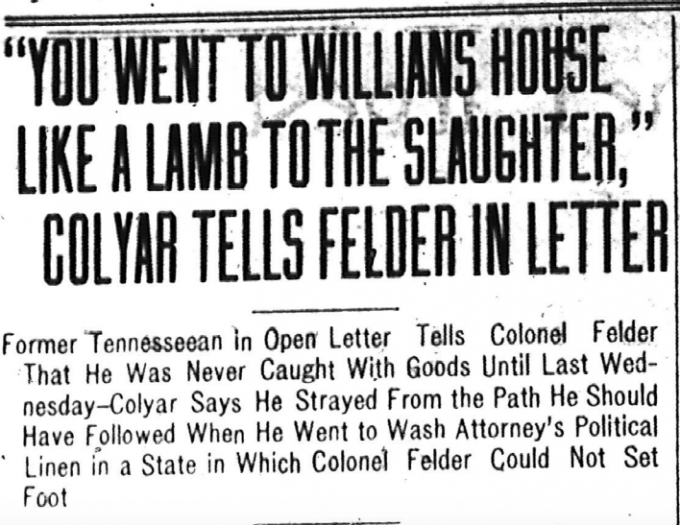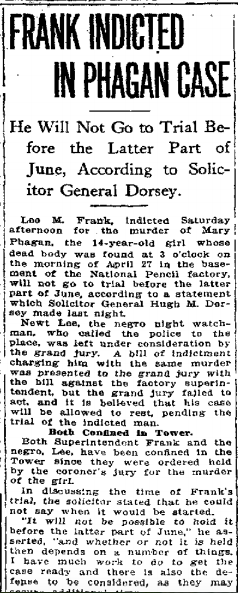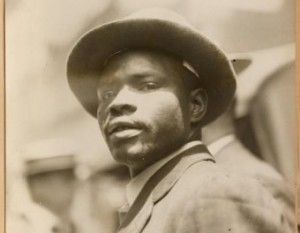Another in our series of new transcriptions of contemporary articles on the Leo Frank case.
Atlanta Georgian
Monday, May 26th, 1913
Chief of Police James L. Beavers issued a statement Monday forenoon defying his accusers to prove that he had been guilty of any act of moral turpitude as Chief of Police or as a citizen.
He characterized the attack by Colonel Thomas B. Felder merely as an effort to detract attention from his own (Felder’s) actions.
Referring to A. S. Colyar, in his sweeping denial of the charges that have been made against the police department, he made the pertinent observation, “that it many times required a crook to turn up another crook.” Continue Reading →

